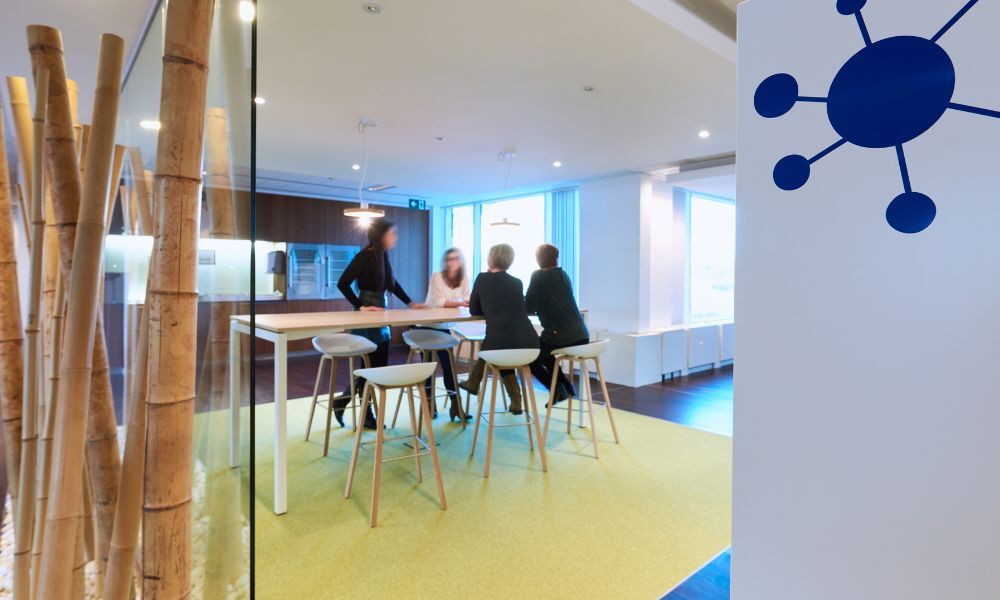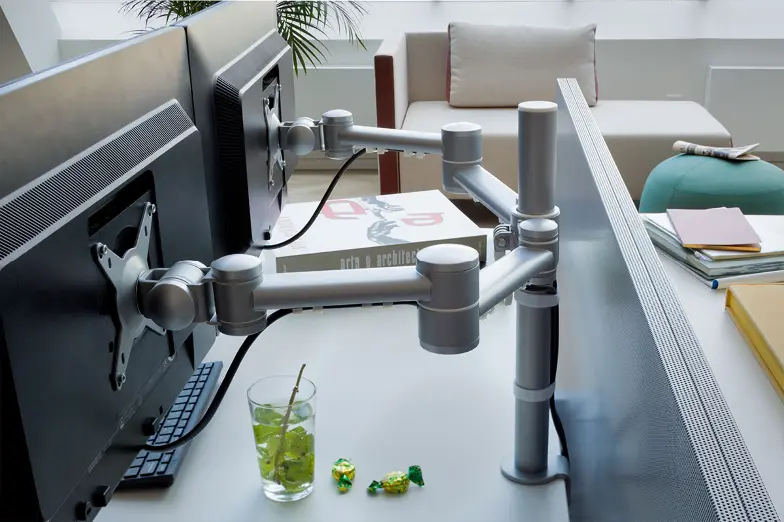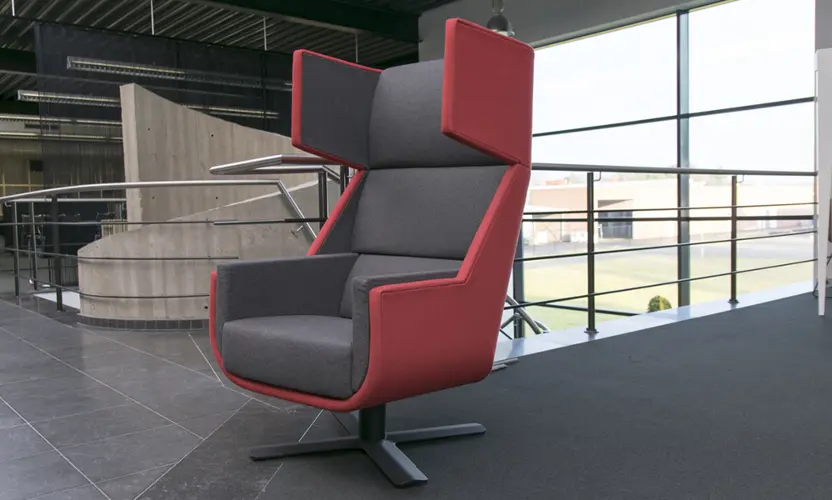
Balancing work and private life
12/09/2023
As an employer, you want your employees to be productive and deliver good results, but it is also important they have a good balance between their work and private life. If they get this right, they will have enough time for work, but also for the other important things in their lives, such as family and friends, sports or hobbies.
A good work-life balance is invaluable and contributes to the resilience of your company. And with the arrival of Gen-Z to the labour market, this is no longer just a wish, but a must. Companies that have a reputation for encouraging a good work-life balance have become very attractive. And for good reason.
More and more employers are aware that a good work-life balance is a win-win situation. It leads to increased productivity, improved mental and physical health, and reduced employee turnover. Additionally, it also positively affects the image of your company, the overall atmosphere, and the efficiency of your teams.
How do you promote a good work-life balance?
As an employer, you have a role to play in supporting your employees to coordinate their work and private lives. There are several things you can focus on as a company.
Flexibility
The flexibility of hybrid working opens the doors to an improved work-life balance by being less dependent on working hours or a specific location. Employees are given the opportunity to adapt their working day to their daily schedule. This strengthens their autonomy and allows them to better combine work and personal obligations.
But this way of working also brings challenges. A culture of presence, where employers associate the quality of work with how long employees stay in the office, does not work in a hybrid model. Hybrid working is more than simply sharing time between the home and the office. Human capabilities are becoming more important in this setting. So, give your people confidence within the framework of a clear work policy.
After all, your employees will be confronted with challenges as well. Their work and private life will become more intertwined. And not everyone can deal with this in the same way: some will benefit from the freedom, while others will be inclined to do more than necessary. Self-management is therefore becoming more central.
Tip: You can support this flexibility in the design of your office. You can read more about that here.
Health and welfare
Health and welfare go beyond just physical health. It includes mental resilience, social connections, etc. As an employer, you can encourage a healthy lifestyle. Consider, for example, courses and programmes such as training for better sitting posture, healthy nutrition, exercising together, group activities, etc. to a course in dealing with conflict situations, etc. By encouraging your employees to take good care of themselves and find a good balance, you will limit health problems and absenteeism.
Communication
An open and supportive communication culture is the core. Make sure your employees feel comfortable with setting their boundaries and expressing their concerns. This will ensure you can discuss topics such as workload or stress. Communicate expectations clearly and collaborate on solutions that meet both professional and personal obligations, and do this with mutual respect.
Companies that take the work-life balance seriously benefit both in the short and long term. Their workforce will be happier and healthier, while their organisation will be more productive and successful. Do not become complacent though: a healthy balance is not simply a pursuit of perfection, it requires continuous learning and adjustment.



